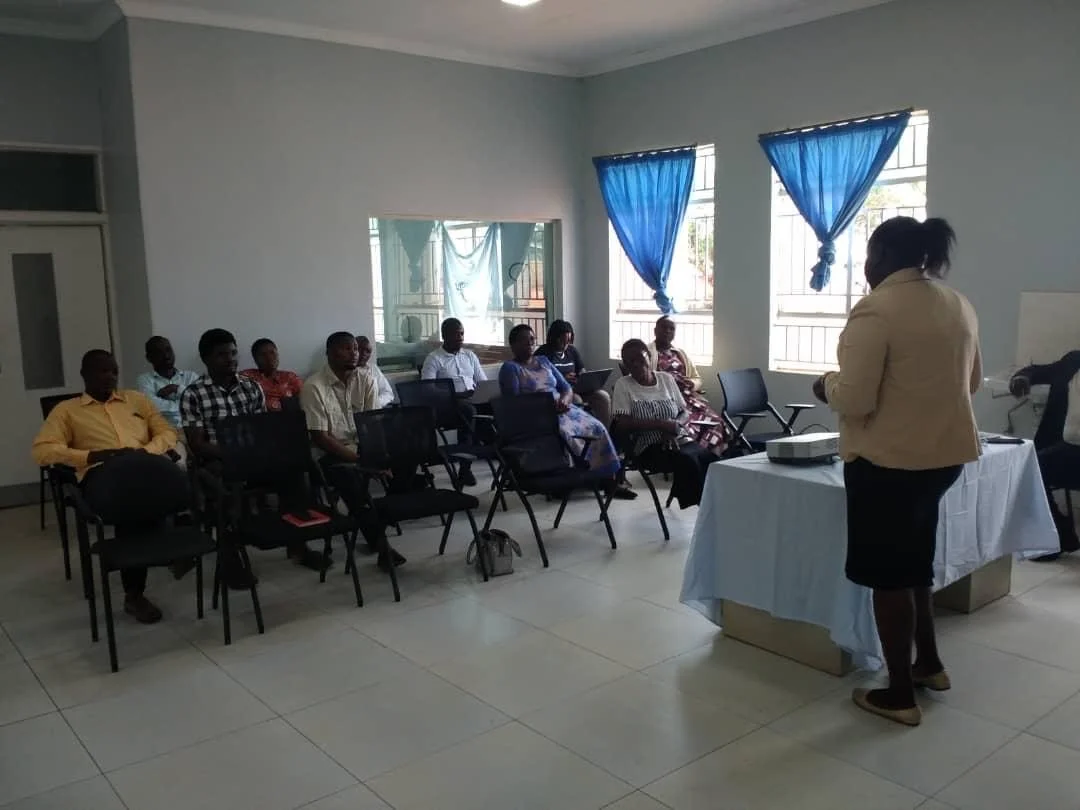Using Mobile Phone Technology to Improve Palliative Care At Dzaleka Refugee Camp
Significance of the Study
Researchers from Malawi’s Ministry of Health, Compelling Works, and the University of Leeds are collaborating on a groundbreaking study to explore the use of mobile phone technologies in improving the delivery of palliative care services at Dzaleka Refugee Camp.
The World Health Organization defines palliative care as an approach that improves the quality of life of patients (adults and children) and their families who are facing problems associated with life-threatening illness. Palliative care prevents and relieves suffering through early identification, correct assessment, and treatment of pain and other problems, whether physical, psychosocial or spiritual.
It is essential for improving the quality of life for patients facing life-threatening illnesses. In refugee settings like Dzaleka, where resources are scarce, digital health offers a promising solution to bridge gaps in care. The camp has a population of over 50,000 refugees and asylum seekers and it faces significant challenges in delivering consistent palliative care to those in need. The study aims to address these challenges by adapting and evaluating a mobile phone-based intervention designed to improve symptom monitoring, self-management, and continuity of care in the homes of the patients.
How It Will Be Done
This mixed-methods study focuses on a mobile app that allows healthcare providers to monitor patient symptoms during home visits and share self-management strategies with the patients and guardians. Ten healthcare providers will follow-up thirty patients with life-limiting illnesses over a period of 6 weeks. The healthcare providers will utilize the app to collect data on symptoms and display it on a dashboard accessible to the clinical team at Dzaleka Health Centre. The clinical team will use the data to make informed decisions on the care to be provided to patients.
The study builds on prior success in Uganda’s Bidibidi Refugee Settlement, where similar technology proved feasible and acceptable. By tailoring the intervention to Malawi’s unique context the researchers aim to scale up the use of the technology across sub-Saharan Africa.Globally, there is evidence that digital tools can improve access to care, reduce suffering, and empower patients and caregivers with better management strategies. The Ministry of Health in Malawi has embraced digital health as part of its Universal Health Coverage agenda by integrating mobile technology into health service delivery. The study has the potential to generate local evidence and inform the adoption of digital technologies for palliative care.
Potential Benefits of the Study
The app could extend care beyond clinic visits, improve symptom management, and empower palliative care teams with actionable data. By co-designing solutions with patients and health care providers, researchers hope to create sustainable tools that enhance palliative care delivery not only in refugee camps but across diverse healthcare settings. The app may not only advance healthcare. It may foster hope and dignity for those who need it most. Stay tuned as this innovative project unfolds

